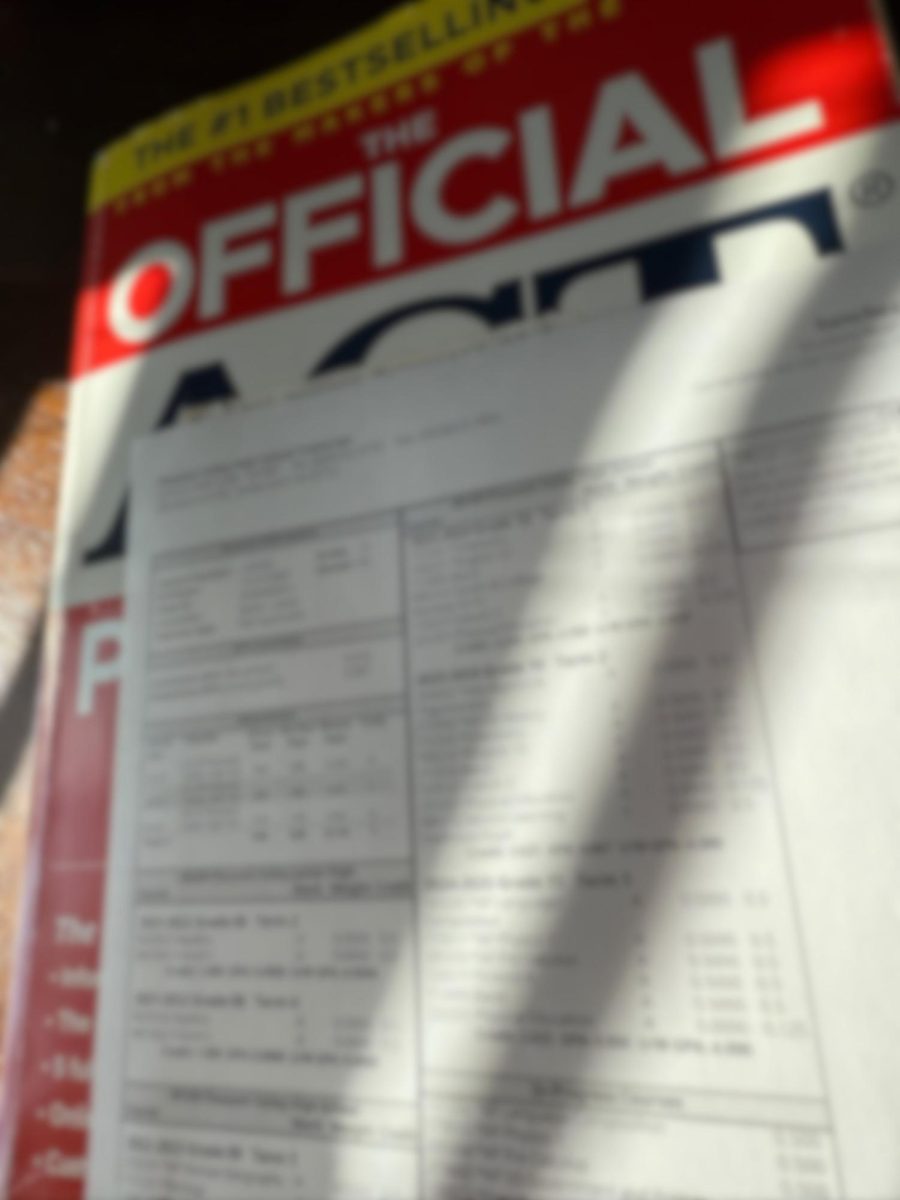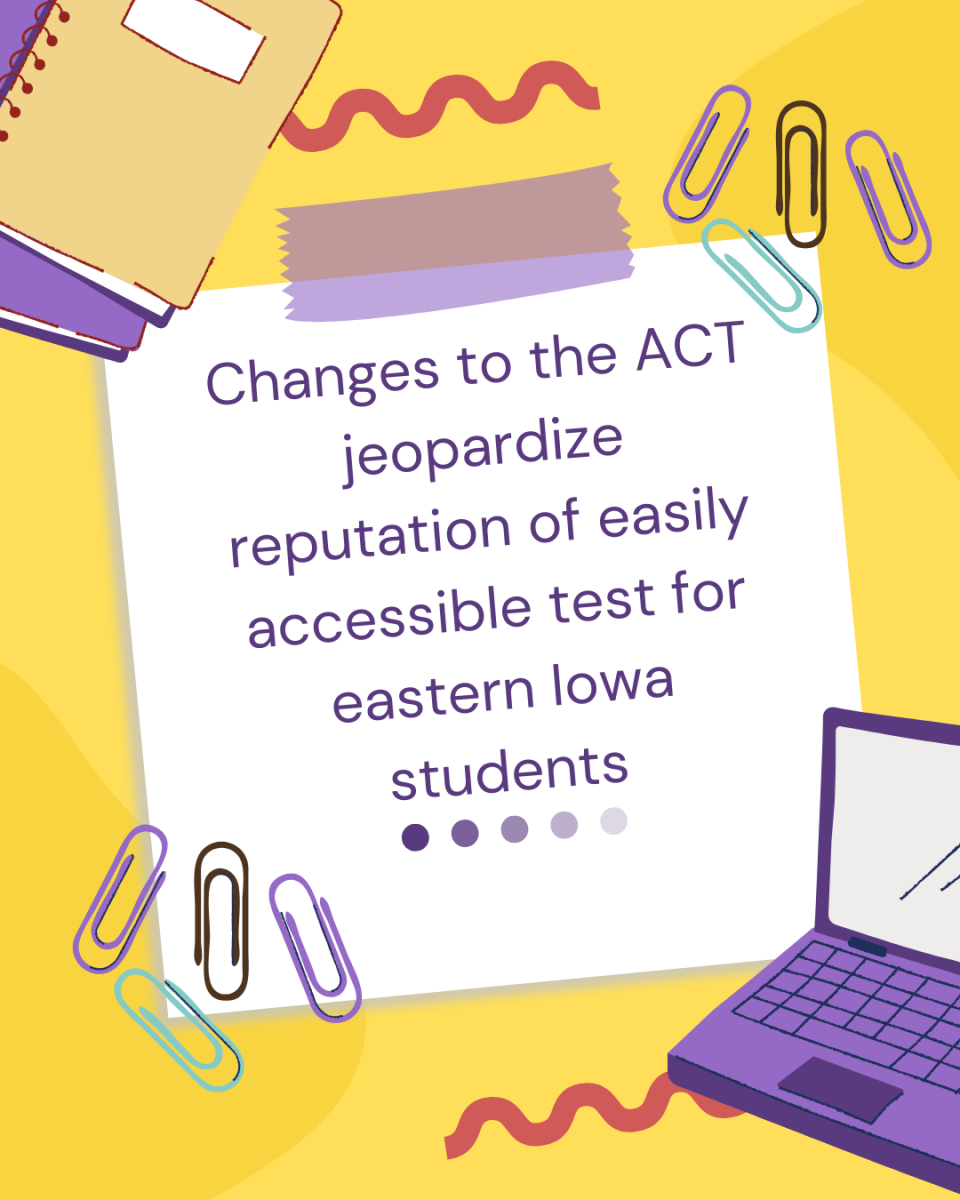Pleasant Valley High School is scared of change. Students come to school, follow a strict schedule and are taught to get As and avoid anything lower. Throughout this old school routine, creativity and passion for learning is diminished. Our school pays more attention to extrinsic rewards with little attention devoted to intrinsic learning. What if we could allow students to grow into more individual, intelligent members of society? What if there was a way to stop force feeding us information that turns us into the same robotic people?
According to behavior scientist, Daniel Pink, fifteen percent of the general population needs rules, policies, and regulations. Unfortunately P.V. is designed to fit this small portion of people, allowing for the other eighty-five percent to be unsatisfied. According to New York University professor Clay Shirky, “When we design systems that assume bad faith from participants, and whose main purpose is to guard against nasty behavior, we often foster the very behavior we are trying to deter.” Being rewarded with extrinsic motivators, such as grades, and being restrained by endless policies only results in poorer performance.
Students are more focused on getting good grades than actually learning. This is a systematic problem that trickles down into many individuals including teachers and students at P.V. Students desire to enjoy school itself, feel a sense of achievement and experience personal growth. We wish to direct our lives, get better at things that matter and have a sense of something other than ourselves.
In order for students to feel that they are more than a grade, we need to be focusing on intrinsic motivators. This includes promoting student discussion, encouraging different creative ways to accomplish tasks and finding imaginative solutions to problems. We tend to focus on following a textbook word by word and cramming in every little thing we are supposed to get done. Students feel stressed because we feel we have to excel in every subject, when this is unrealistic. Courses have begun to feel they are lacking a purpose. Students often ask, “How will this class help me in the real world?” Schools have the opportunity to mold individuals into becoming better contributors to society and P.V. should take this opportunity seriously.
The Australian company, Alasian Software, has “FedEx days” where the employees are told to work on anything they want for the next 24 hours, and deliver something interesting to the company the next day. Imagine what kind of ideas would come out and how passionate students would become if we tried to have days like these every once in awhile in our classes.
Our school tries to lead us down a a narrow minded path that leads to a beaming “A” at the end. While grades are important, science has shown this does not effectively motivate students. Restricting how we can learn and what we can do only results in poorer performance and less innovation.
Teacher, Ann Berger said, “When I first came to this school I joined multiple committees that all centered around implementing new changes for the benefit of the students. These benefits include a later start time for high schoolers, open campus, and J Terms which would allow for teachers to teach an area of expertise they are passionate about for a couple weeks in January. My voice was not heard. We are so unwilling to look at change.”
We need to take more emphasis off the letters and instead produce a genuine satisfaction for learning.









